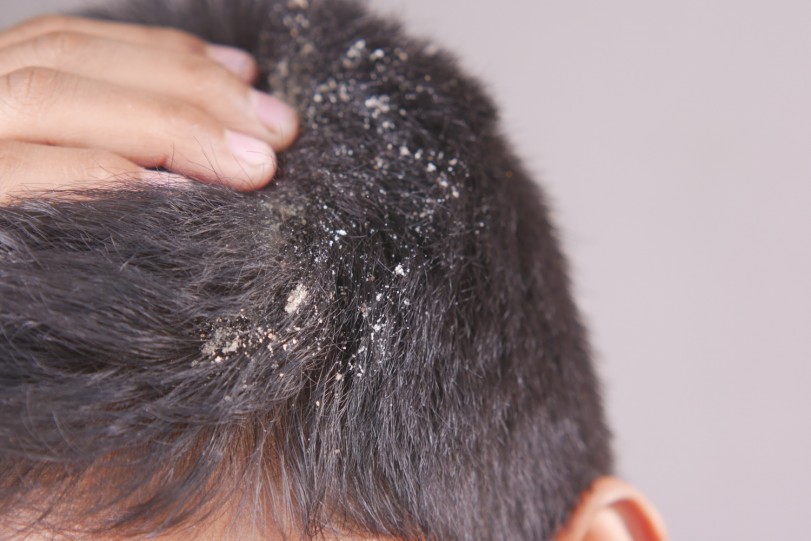
Dry, flaky, and itchy scalp can be annoying. Although this is a common condition, it is not contagious. However, having dandruff does affect your life. Let's find out more about this treatable condition and the lifestyle changes that may help.
What causes dandruff?
Experts say that dandruff, a mild form of seborrheic dermatitis, is a common condition, with one in five people having to bear the flaky itch. It is treatable with shampoo, although some experience recurring symptoms. When you have dandruff, your scalp is itchy, and you may see skin flakes on your scalp and hair, as well as other body parts with hair on it, including eyebrows and beards. Sometimes, the flakes fall from your head and rest on your shoulders.
So what causes this itchy, flaky condition?
Dry Skin and Fungus Overdrive
Experts say that the root cause of dandruff is dry skin, which, unfortunately, is exacerbated in the winter.
Another related cause is when malassezia, a fungus naturally occurring in your scalp, exceeds normal levels. You end up having itchy dandruff as it feeds on the sebum that keeps your scalp hydrated.
Lifestyle Change: Use moisturizing shampoo
Switch to a moisturizing anti-dandruff shampoo and follow the instructions on how to use it. Some medicated shampoos can eliminate your dandruff, but make sure you still get the hydration you need. Jupiter Balancing Shampoo has coconut oil to keep your scalp moisturized and pyrithione zinc to get rid of excessive malassezia and, effectively, dandruff.
Hair Washing Habits
There was an uproar about whether or not shampooing every day could hurt your scalp and hair. The answer is that it depends on the type of skin condition you have. If you have dandruff, you might not be shampooing enough.
Lifestyle Change: Use your shampoo
Shampooing once a week might not apply to you. Try gradually increasing your shampoo days instead of sticking to the "no shampoo" trend.
Allergies
For every product in the market, you can see a note on the bottle saying to discontinue the use of the product once irritation occurs.
If your scalp does get itchy after using a hair product, you might be allergic to an active ingredient in it.
Lifestyle Change: Try hypoallergenic hair products
Switch to products that do not contain ingredients that trigger your allergies. Alternatively, you can also use a line of hypoallergenic hair products, like Cleure Hair Care Trio for Sensitive Skin. The set includes a bottle of shampoo, conditioner, and hair gel.
Sugary Diet
The occurrence of dandruff might be caused by your consumption of food with high levels of sugar, alcohol, processed foods, and dairy products. Sugary food and dairy products can trigger the overgrowth of yeast and seborrheic dermatitis, respectively. Alcohol and processed foods trigger dryness.
Lifestyle Change: Add probiotics and vitamin-rich foods to your diet
Fish like salmon contain omega-3 fatty acids, and whole grains have zinc and selenium. Both food groups have anti-inflammatory properties. Probiotics are good for the gut and strengthen the immune system. Lean meat has vitamins B6 and B12, which can give enough nourishment. The idea is to counter the harmful effects of your usual diet so that the nutrition and benefits of a good diet can reach your scalp and hair, helping you manage your dandruff.
Tight Headwear
Hats and head accessories can be stylish and look good. If you have dandruff, it might be instinctive to wear headwear, but it has a negative effect that can lead to a worse scenario like a dandruff flare-up.
When you wear hats, the heat is trapped between the hat and the scalp, and sweat builds up, triggering a malassezia overdrive.
Lifestyle Change: Go hatless
Wearing hats might be unavoidable, but maybe using alternatives could calm down your scalp. On hot days, use umbrellas instead of hats to avoid trapped sweat or use less tight hats that have better air circulation.


